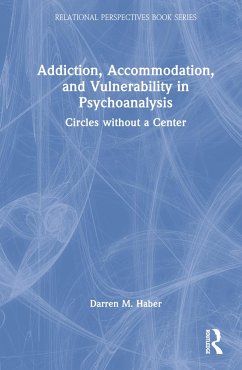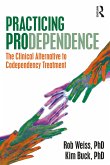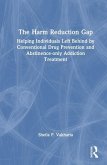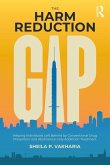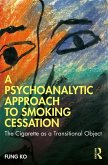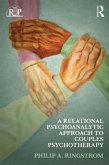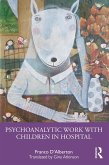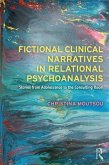This book explores the compulsions and trauma that underlie addiction, using an intersubjective approach in seeking to understand the inspirations and challenges arising from the psychoanalytic treatment of addiction, compulsivity, and related dissociative conditions.
Hinweis: Dieser Artikel kann nur an eine deutsche Lieferadresse ausgeliefert werden.
Hinweis: Dieser Artikel kann nur an eine deutsche Lieferadresse ausgeliefert werden.
The beauty of Haber's book is its focus on the phenomenology of the therapeutic relationship, illuminating the dialectic of developmental yearnings and defensive retreats from individuality as played out in the experiences of both patient and analyst.
Robert D. Stolorow is founding and senior member of the Institute of Contemporary Psychoanalysis in Los Angeles
Darren Haber's outstanding study of addictive worlds interweaves contemporary psychoanalytic perspectives with rich existential metaphors found in the works of Camus, Beckett, Kafka and others. The psychotherapy of addiction, so fraught with histories of trauma and all manner of antidotal curative fantasies, opens up under his insightful gaze as never before.
George Atwood is Professor Emeritus, Rutgers University
In his provocative and contemporary work, Haber commands cutting edge psychoanalytic thought in pointing us toward a more compassionate, phenomenologically based, and rigorously contextualized understanding of addiction and its treatment. His rendering of the problem of disavowed aspects of selfhood, and its concomitant evasion of living an authentically affect-laden life, offers a much-needed corrective to the more familiar and traditional modes of organizing and pathologizing addictive/compulsive processes. Personal, astute, and moving, Haber's work is a must-read for clinicians and patients alike.
William J. Coburn, Ph.D., Psy.D. is a member of the Institute of Contemporary Psychoanalysis in Los Angeles, and Founding Editor Emeritus of Psychoanalysis, Self & Context
Robert D. Stolorow is founding and senior member of the Institute of Contemporary Psychoanalysis in Los Angeles
Darren Haber's outstanding study of addictive worlds interweaves contemporary psychoanalytic perspectives with rich existential metaphors found in the works of Camus, Beckett, Kafka and others. The psychotherapy of addiction, so fraught with histories of trauma and all manner of antidotal curative fantasies, opens up under his insightful gaze as never before.
George Atwood is Professor Emeritus, Rutgers University
In his provocative and contemporary work, Haber commands cutting edge psychoanalytic thought in pointing us toward a more compassionate, phenomenologically based, and rigorously contextualized understanding of addiction and its treatment. His rendering of the problem of disavowed aspects of selfhood, and its concomitant evasion of living an authentically affect-laden life, offers a much-needed corrective to the more familiar and traditional modes of organizing and pathologizing addictive/compulsive processes. Personal, astute, and moving, Haber's work is a must-read for clinicians and patients alike.
William J. Coburn, Ph.D., Psy.D. is a member of the Institute of Contemporary Psychoanalysis in Los Angeles, and Founding Editor Emeritus of Psychoanalysis, Self & Context

